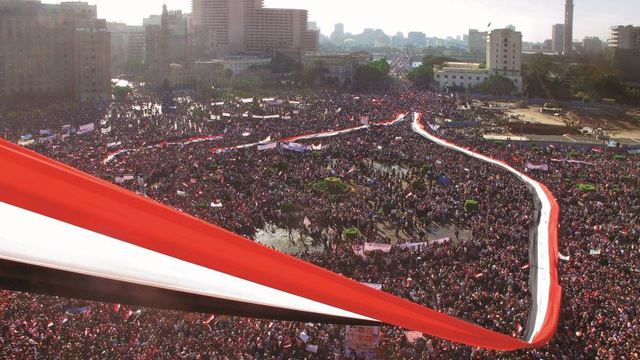Reclaim the Streets: The Film and Other Media Tactics
The Disorganisation
Reclaim the Streets (RtS) cannot be understood as a campaign, although
some of its methods are very similar. There are now RtS groups in
thirty cities organising illegal street parties. Most of these groups
only exist for the event, and many of the activists are involved in
local campaigns during the rest of the year. There is no membership or
official line although many would like to see a wider global strategy.
As a movement, RtS is only four years old, and it could grow in
unpredictable ways.

